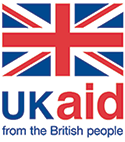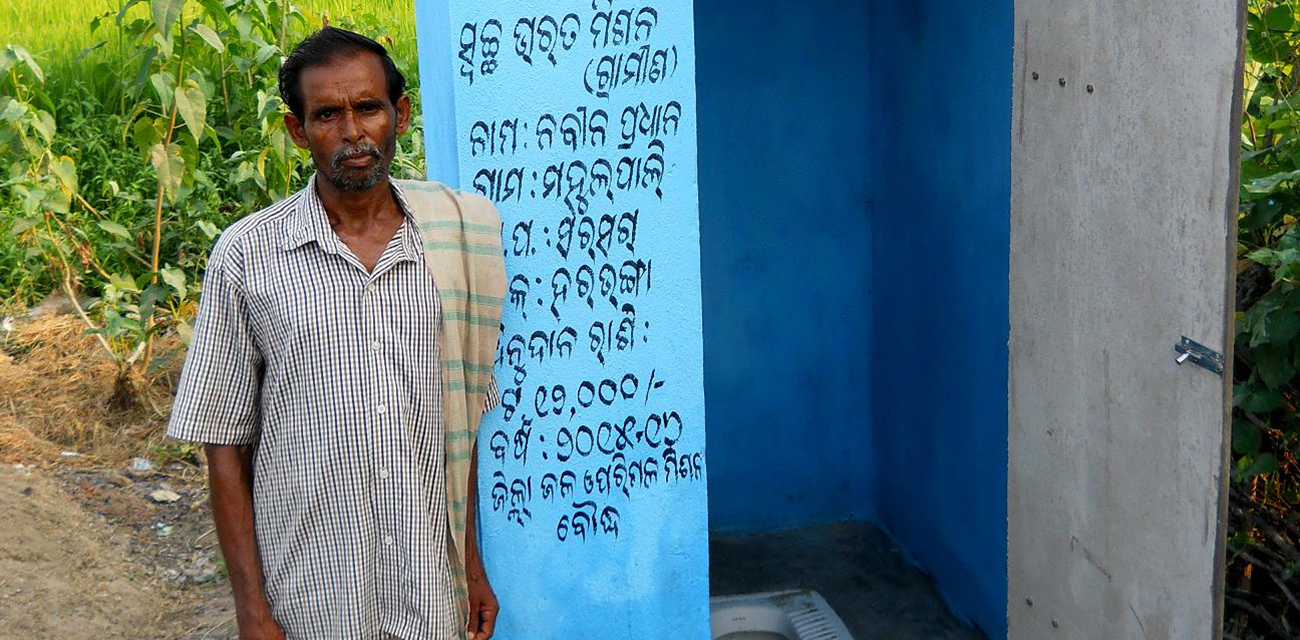Reducing the number of people without access to basic sanitation services remains one of the most complex and pressing global development and public health challenges. 2.5 billion people lack access to basic sanitation services (with almost half forced to defecate in the open), while another 2 billion are without access to safely managed sanitation services (referring to a toilet connected to a sewer, or pit or septic tank, ending in faecal sludge treatment). This challenge is compounded by the unprecedented pace of urbanisation throughout the global south. Urban population growth, of which 90 per cent is concentrated in Asia and Sub-Saharan Africa, dramatically outpaces gains in access to safe sanitation. For instance, from 2010 – 2030, Kinshasa, one of the world’s fastest growing cities, is expected to grow by an average of 61 new residents per hour. Meanwhile, at least three out of four Kinshasa residents are expected to live in informal urban settlements, where the problem of lacking sanitation services is particularly acute.
Despite these challenges, new pathways to deliver adequate sanitation services are emerging through multi-stakeholder partnerships, innovative sanitation delivery models, and mobile technology. These new pathways have the potential to catalyse public and private investments in the sanitation sector, while also generating transformational development outcomes. According to a WHO study, every US dollar invested in sanitation delivers a nearly six-fold return due to reduced costs to health systems, increased spending power among poor households, reduced constraints to other urban services, increased productivity, and fewer premature deaths. This is precisely why the GSMA Mobile for Development (M4D) Utilities programme and the Department for International Development (DFID) are so passionate about catalysing public and private investments in the sector. In order to do so, resilient sanitation approaches that can withstand external shocks, and address context-specific needs should be prioritised. In this context, mobile technology should not be seen as a silver bullet, but rather as an enabler of innovative, cost-effective, and adaptive multi-stakeholder partnerships.
As the Citywide Inclusive Sanitation Initiative stresses, sanitation cannot be reduced to the provision of toilets, but requires coordination across a range of different activities, which allows relevant stakeholders to maximise their added value along the sanitation value chain. Mobile technology plays a critical role in ensuring the linkage between the stages and stakeholders of this chain.
Our current M4D Utilities Innovation Fund grantees embrace this value chain approach to sanitation service delivery, and are leveraging mobile technology not only as a tool for customer engagement or mobile payment collection, but also as a business-to-business (B2B) and business-to-government (B2G) tool to effectively coordinate faecal sludge management. After supporting two sanitation projects (Sanergy in Kenya and Loowatt in Madagascar) through our Innovation Fund in 2015, we are proud to now support four new innovative sanitation service delivery models as part of the 2017/18 phase of our Fund. Our increased focus on the sanitation sector through our Innovation Fund does not only reveal the growing interest in the sector at-large, but also a more sophisticated understanding of the synergies between mobile technology and the intricacies of sanitation service delivery. All four solutions we are currently funding are finding different pathways to leverage mobile technology to coordinate activities along the sanitation value chain, while two are also trialling the use of mobile payments for sanitation services:
Svadha (India) – is a social business building better rural sanitation markets through aggregation and innovation of quality sanitation products and services which are delivered through a large network of entrepreneurs and facilitated by ICT. In October 2017, Svadha received a grant from the GSMA M4D Utilities Innovation Fund to develop the ‘SaniMark’ platform, a mobile application that offers affordable, quality sanitation products for ‘micro-entrepreneurs’ – small-scale shopkeepers selling sanitation products such as toilet bowls and pipes. SaniMark is already being used by 315 micro-entrepreneurs, and Svadha is actively driving further expansion.
Kampala City Authority (Uganda) – KCCA, as a municipality, is a unique type of organisation in our cohort. In October 2017, KCCA received a grant from the GSMA M4D Utilities Innovation Fund to scale a previously piloted mobile platform that connects pit emptying entrepreneurs with customers and tracks the delivery of services. The platform includes a call centre, GIS tracking application and customer payments via mobile money. KCCA hopes to also use these tools as part of its programme to professionalise and license faecal sludge service providers, which often operate informally. Similar pilots have been trialled elsewhere, and this grant is a key opportunity to test its scalability and broader impact.
Practical Action (Bangladesh) – In October 2017, Practical Action received a grant from the GSMA M4D Utilities Innovation Fund to launch a mobile based utility services platform in partnership with the mobile operator Robi Axiata Ltd. Municipalities will use the mobile platform to receive, track, and fulfil requests from residents for water and sanitation related utility services. Similar to KCCA, customers will pay contracted entrepreneurs via Robi Cash – Robi Axiata’s mobile money solution – thereby speeding up the delivery of services that might otherwise be delayed until payment is received.
Container-Based Sanitation Alliance (Global) – CBSA is business association, which comprises sanitation stakeholders such as Xrunner, SOIL, Sanivation and Loowatt. In November 2017, CBSA received a grant from the GSMA M4D Utilities Innovation Fund to develop a mobile application and web based platform to support the efficient delivery of household sanitation services across multiple countries. The project will benchmark existing efforts and work to build a common platform that can serve the growing CBS sector while still being adapted to the specific needs of varying service models and contexts.
Although mobile technology is by no means sufficient to tackle the complex and significant sanitation challenges faced by most emerging markets, these four projects directly funded and supported by our programme, show that mobile technology can be a key enabler of scalable sanitation solutions, which can play a key role in helping to reach the 2.5 billion people who, to date, still don’t have access to basic sanitation services.
We look forward to joining some of the GSMA M4D Utilities grantees and other organisations in this space at FSM, AFricaSan and the SuSanA meeting in Cape Town in Feb 2019.
This initiative is currently funded by the UK Department for International Development (DFID), the Scaling Off-Grid Energy Grand Challenge for Development and
supported by the GSMA and its members.





